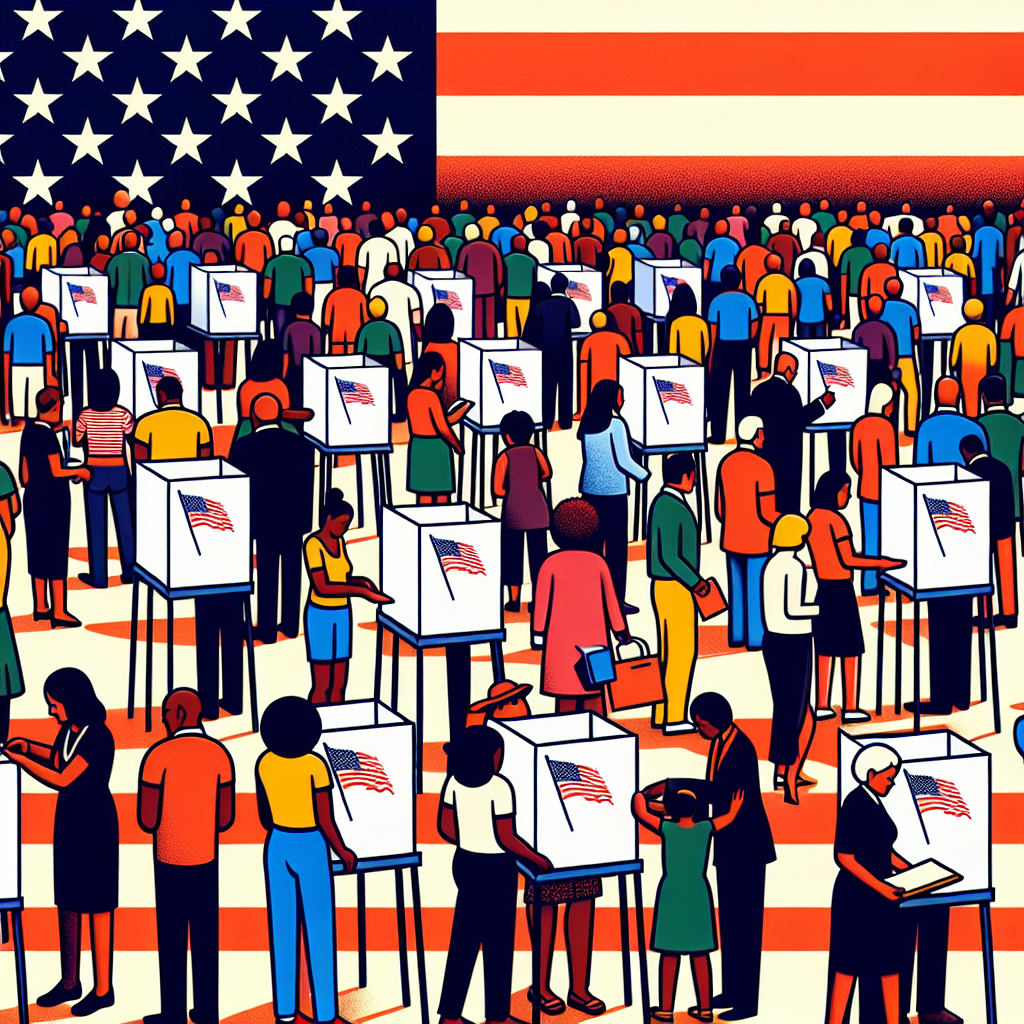The political landscape in America is intensifying as frustrations mount about the perceived corrupt elite managing the country. Many observers, particularly supporters of Donald Trump, believe that the Democratic Party is poised to undermine election integrity, suggesting they have established mechanisms to manipulate outcomes to maintain power. Events such as the “Trump Grand Finale,” featuring influential figures like Robert Kennedy and Tucker Carlson, showcase growing discontent among the American populace. This rising awakening is characterized by widespread dissatisfaction with the established political parties and a desire to reclaim the country from those believed to perpetuate systemic evils.
The ruling elite, considered overwhelmingly corrupt, may react strongly to any potential loss of power as it may expose their wrongdoing. There is a chilling suggestion of extreme measures, including violence against specific public figures who are viewed as threats to the entrenched establishment—namely Trump, Kennedy, Carlson, and Musk. The concern about a political assassination plot suggests a climate of fear and desperation as elites work to maintain control in a democracy that they believe is at risk of upheaval. Tensions flare at the clash between popular figures advocating for significant change and the entrenched powers that feel threatened by this shift.
Key figures like Trump and Kennedy express passion and commitment to Israel, raising questions about the moral contradictions inherent in American support for Israel while simultaneously grappling with broader global moral responsibilities. The discourse surrounding militarism, particularly with Trump’s potential views on adversaries such as Russia, China, and Iran, suggests an inclination towards interventionism that may echo the neoconservative agenda, which historically has engaged in military concerns based on fabricated enmities. This perspective leads to skepticism about the actual aggressors in past conflicts—historically tied to Washington’s actions rather than the purported enemies.
The fear of restoring American militaristic dominance presents a complex paradox for patriots advocating for national greatness. Engaging in wars under the guise of national security could infringe on civil liberties and stifle dissent against hegemonic policies. Calls to action for MAGA supporters raise important conversations around the need for a national identity that collectively rejects imperialistic tendencies while simultaneously embracing greatness, not through dominance but through cooperation. A nuanced approach to foreign affairs is crucial for healing and rebuilding a fractured nation.
Trump’s rhetoric about his rallies hints at a broader post-election movement toward creating citizen-centered governance instead of merely populist theatrics. The transition from rally culture to active civic engagement may symbolize a shift toward deeper participatory politics, ensuring citizens have a direct role in steering the nation’s course. However, a successful transition to this framework depends heavily on the selection of competent advisors who will hold significant power within their respective roles—a challenge given the current political dynamics and likely Senate opposition to such appointments.
While Trump may currently hold a favorable position in hypothetical electoral outcomes, past patterns of electoral manipulation hint at possible obstacles to a fair transition of power. Suggestions of orchestration by the ruling elites or the Democratic Party to sabotage his inauguration reinforce the notion that much is at stake. Such potential moves by elites, driven by self-preservation, highlight the existential struggle at hand. As the political landscape evolves, the need for integrity within democratic processes becomes increasingly vital, suggesting a deeper implication of safeguarding the nation against the erosion of its foundational principles by those unwilling to relinquish power.

